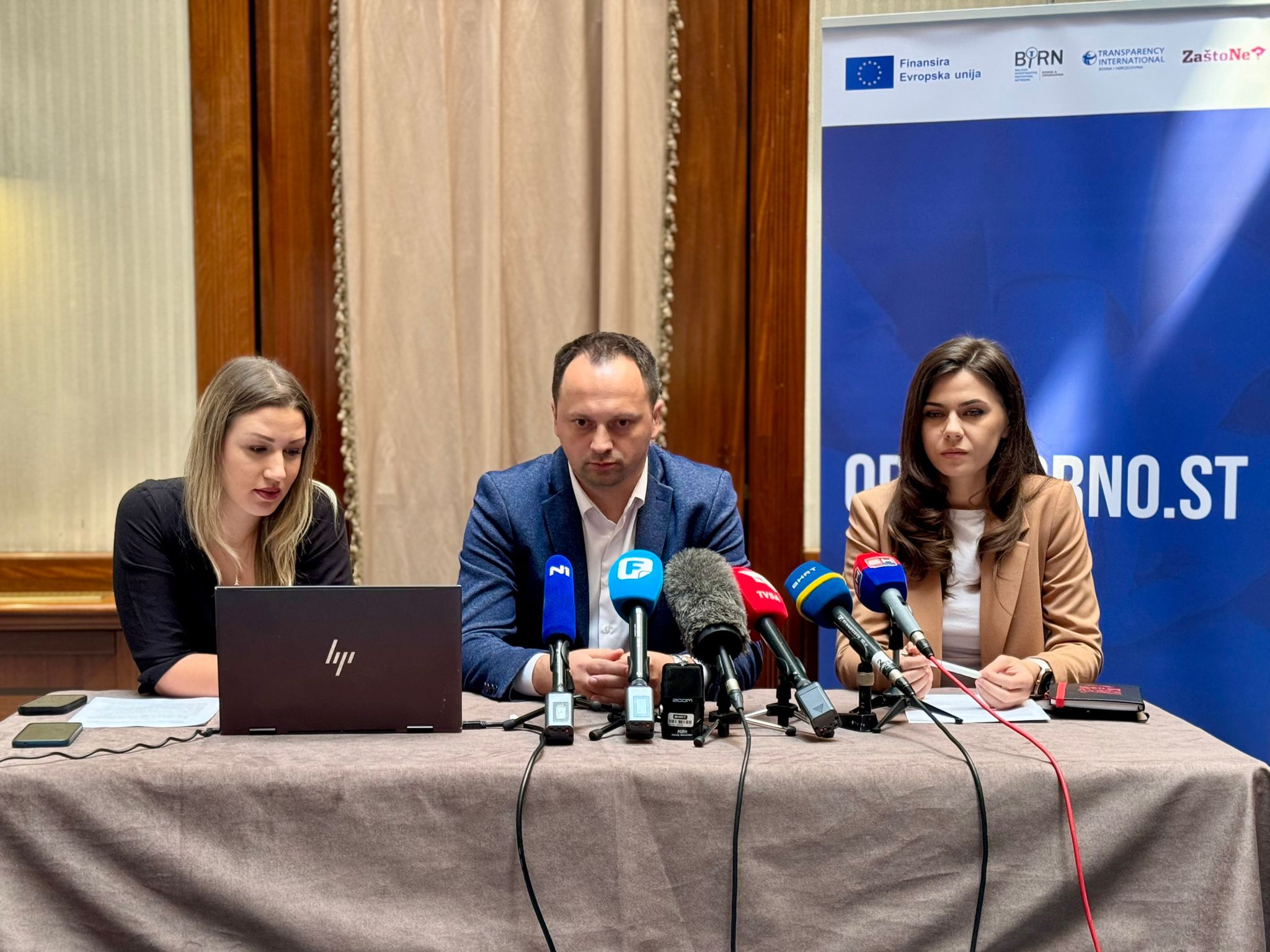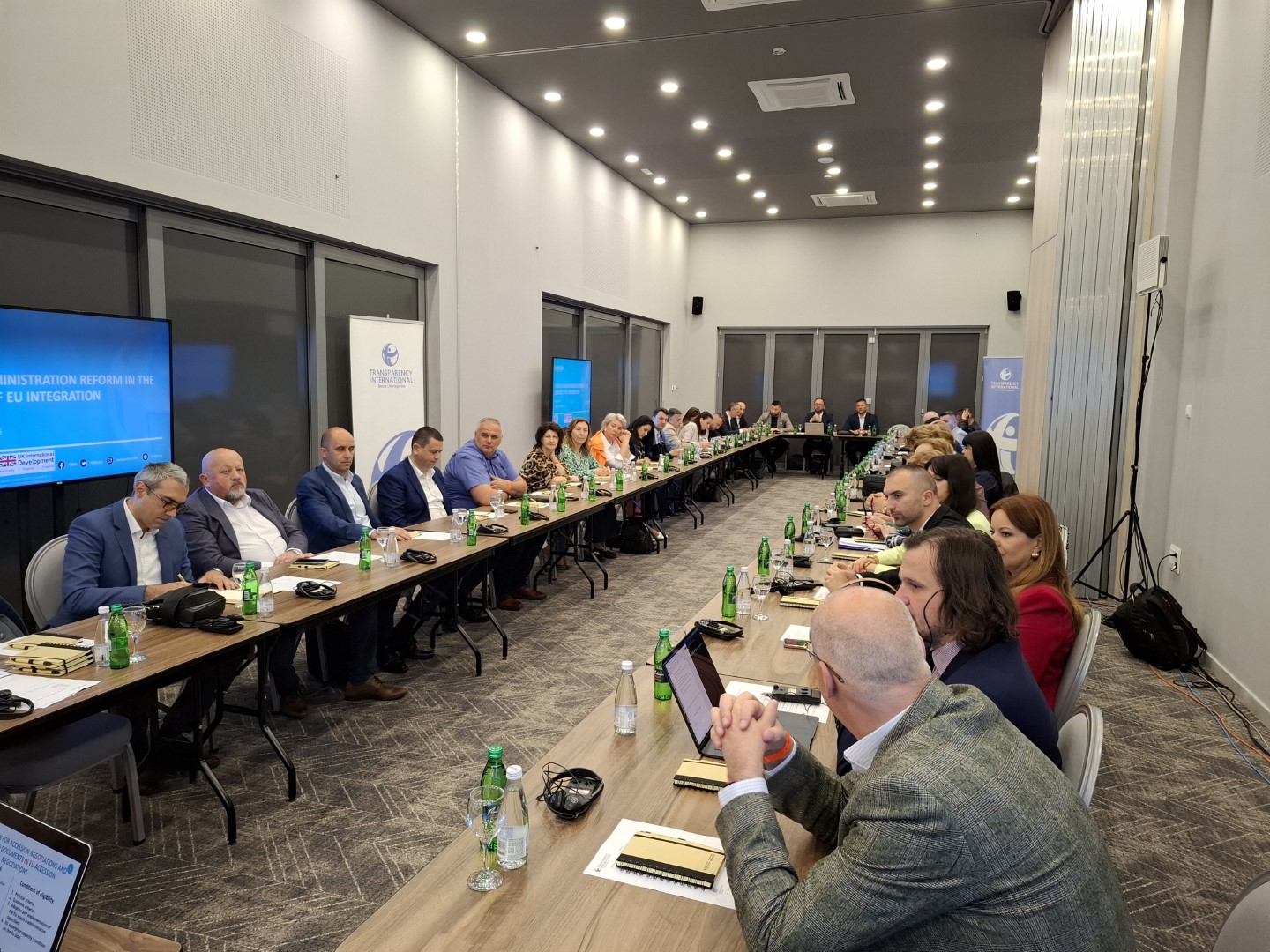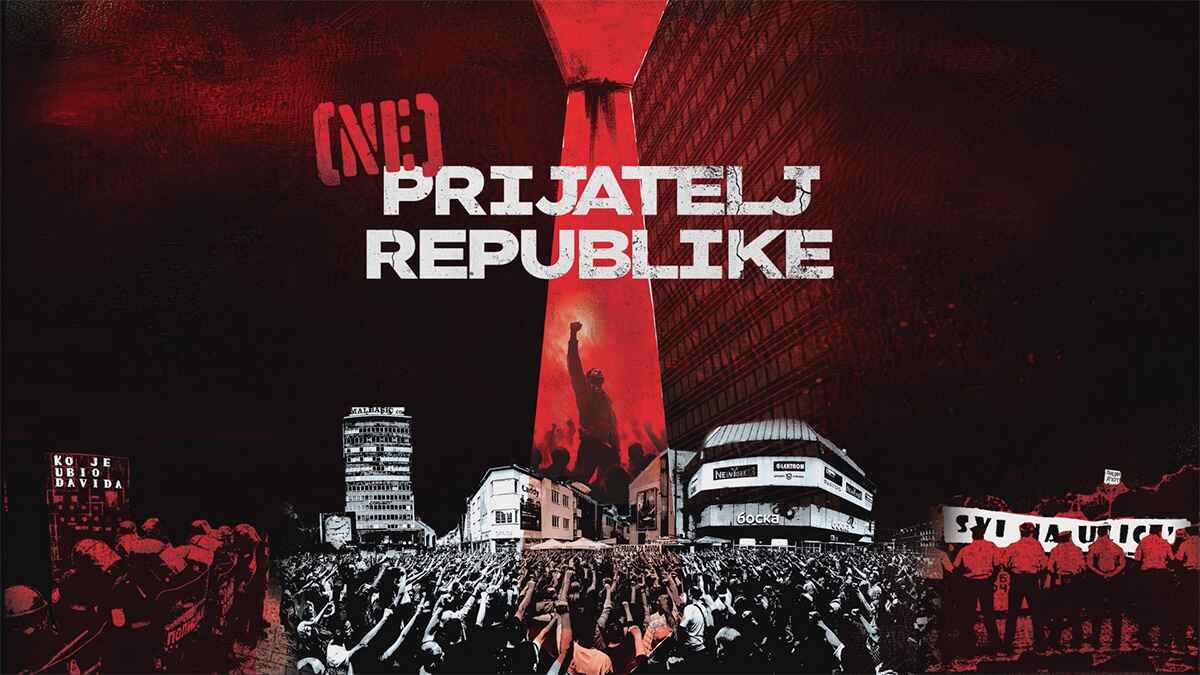Russia, 29 August 2007 – The Russlan security counicl will tackle corruption – A new government body will coordinate anti-corruption efforts

At the peak of the Duma election campaign, the Kremlin will devote some special attention to the battle against unprincipled public servants. According to our sources, a Security Council meeting in October is likely to approve a decision to establish a special anti-corruption body. It is supposed to coordinate the activities of security and law enforcement agencies, but it won't be empowered to conduct operations and searches itself. Meanwhile, a key question remains unanswered: who will play first fiddle in managing this new anti-corruption body? The Federal Security Service (FSB) or the Prosecutor General's Office?
A Kremlin source told us about preparations for a Security Council meeting in October – a meeting that will be devoted to countering corruption. According to our source, the powers of the new body will be defined in the law on countering corruption, drafted by an inter-agency working group headed by presidential aide Viktor Ivanov. This group was formed after President Putin issued a decree in February. Its mission was to prepare proposals for altering legislation to implement the provisions of the UN anti-corruption convention of 2003, and the Council of Europe convention on criminal prosecution for corruption, dated 1999.
The working group was supposed to develop proposals for amending legislation by August 1: amendments required to bring Russian law into line with international agreements, including proposals for establishing "a specialized body empowered to coordinate anti-corruption efforts." On August 11, a presidential decree extended the working group's deadline to July 1, 2008. We managed to get a look at the bill developed by the working group. It states that the president himself will appoint the head of the anti-corruption body. In effect, the president's appointment decision will determine how much political weight the new body will have. According to the current version of the bill, the anti-corruption body won't have some crucial powers: the right to engage in operative and search activity.
According to the bill, the specialized anti-corruption body will be empowered to exercise oversight and coordination for the activities of other agencies – especially the security and law enforcement agencies – in their anti-corruption efforts. Our source, who is involved in preparations for the Security Council meeting, says that the new body will direct investigations – and the security and law enforcement agencies will report to it.
Duma member Gennadi Gudkov says that establishing a specialized anti-corruption body is "an attempt to alleviate the problem by existing methods."
Former prosecutor general Yuri Skuratov describes the specialized body as "stillborn." He adds: "Any effort at all in countering corruption, as in he field of human rights, is better than nothing. But we still shouldn't expect this to be very effective."
According to Gudkov, quality corruption-fighting would demand systematic measures such as "expanding the field of media criticism" and reforming the law enforcement agencies.
Our Kremlin source says that the FSB and the Prosecutor General's Office are engaged in a power-struggle over who will play the leading role in the new anti-corruption body. The FSB director already heads the National Anti-Terrorist Committee, and the new anti-corruption body is being created in the image and likeness of that committee.
Source: Nezavisimaya Gazeta
Uključite se
Budite u toku
Pretplatite se na naš bilten i dobijajte periodična obavještenja o našim objavama, najavama, pozivima i aktivnostima putem elektronske pošte.
Ne propustite
Ukoliko želite da dobijate naša saopštenja odmah nakon objavljivanja ostavite svoju e-mail adresu u polje ispod.



